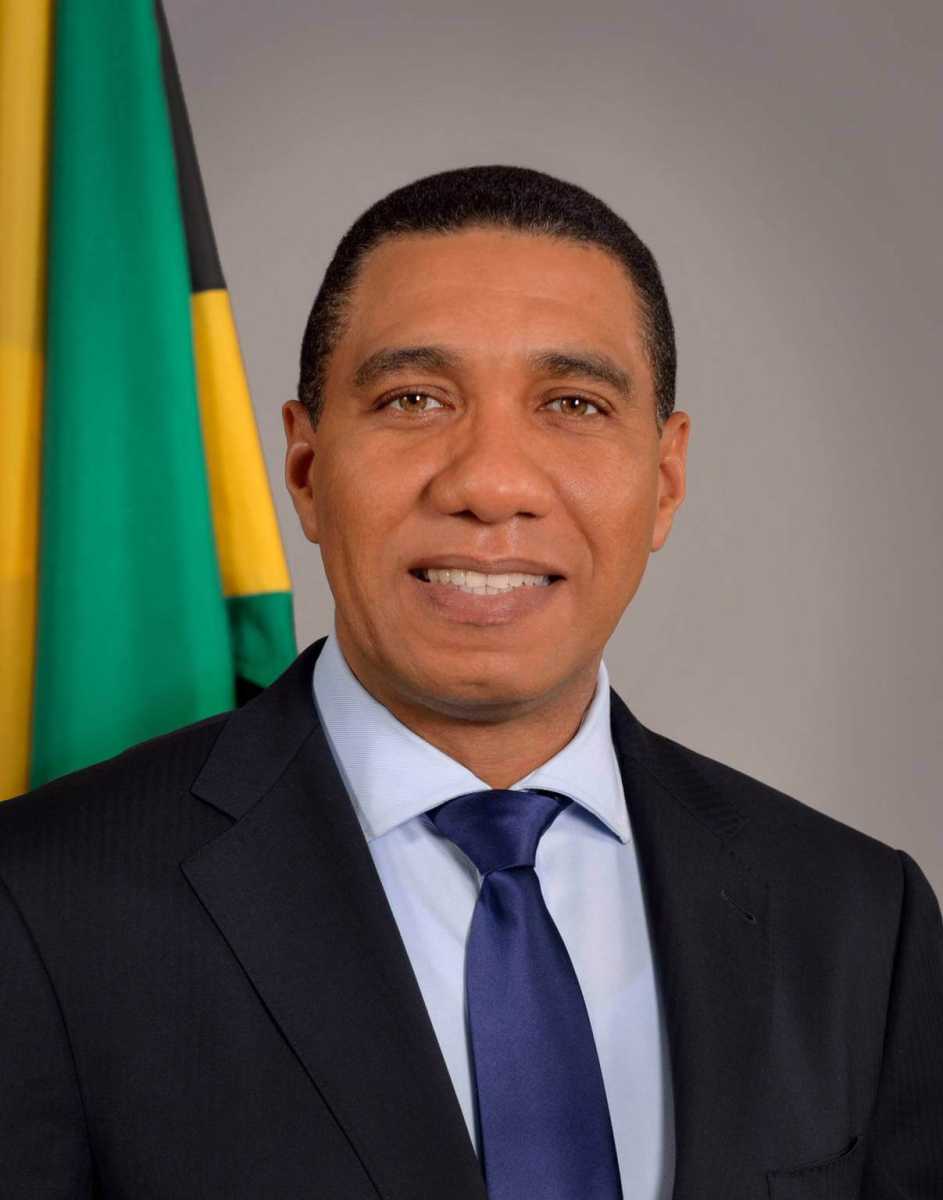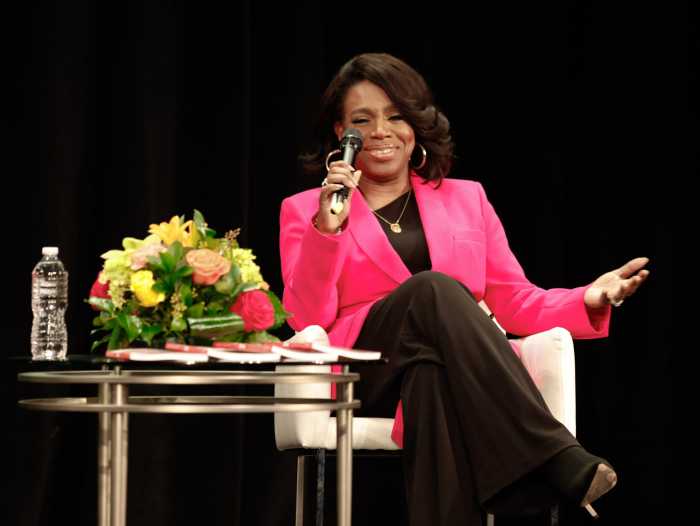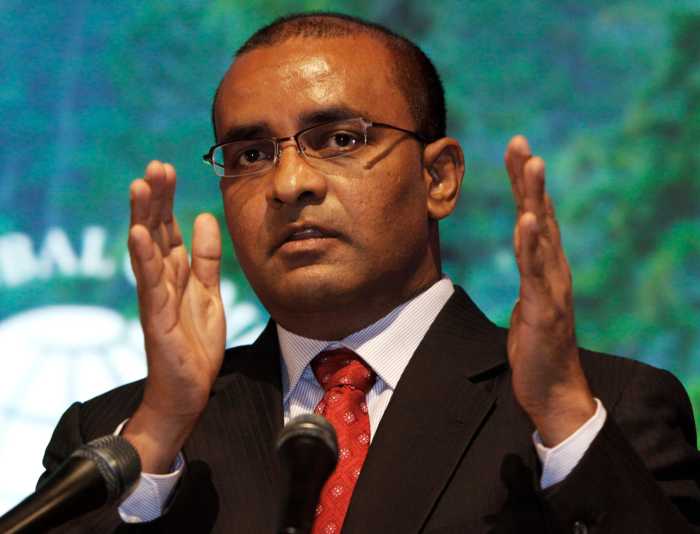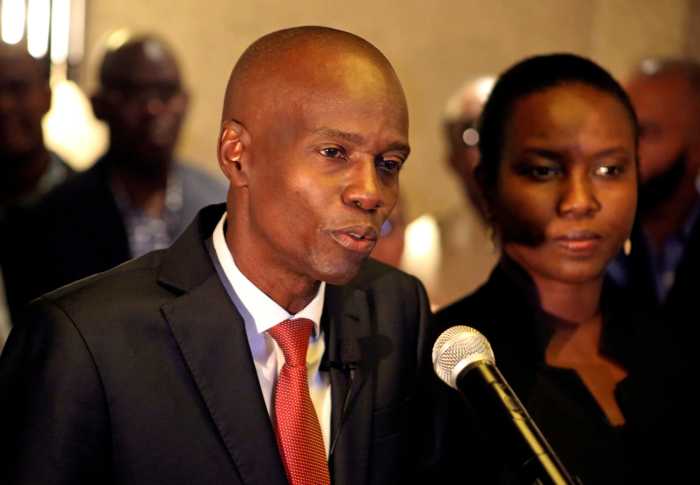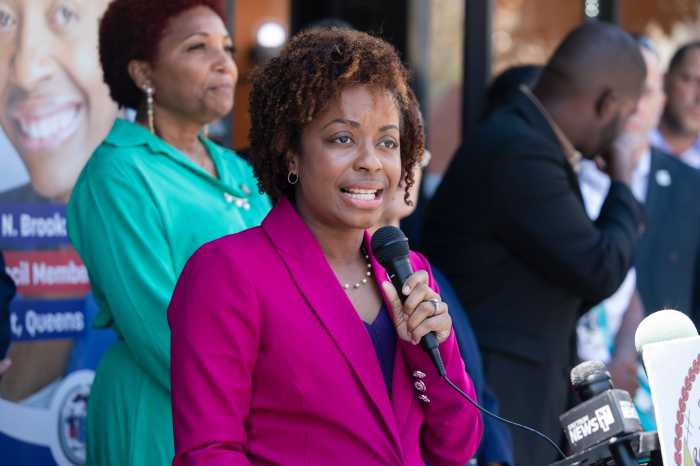When Barbados seamlessly transitioned from an independent nation to a full-fledged republic in late 2021, it stirred up similar ambitions among its Caribbean neighbors, not the least being Jamaica which has been debating the issue for decades.
Broadcast to the world, leaders and citizens in current and former British colonies around the world vowed to begin moves to abandon the British monarchical system in favor of appointing or electing a native person as their head of state. For many, like Jamaica and the small island nations in countries in the Eastern Caribbean, making the transition is easier said than done as some major constitutional hurdles would have to be achieved.
In the case of Jamaica, it had nursed serious ambitions to become a republic in time for its 60th independence anniversary celebrations last year but after serious scrutiny by its legal luminaries, it was decided to push back the date to at least until next year.
First, government has to organize a referendum, allowing Jamaicans to vote on the issue next year. Positive results from the vote will allow authorities to remove entrenched constitutional clauses, clearing the way for the ditching of the British monarch as the island’s head of state as Barbados did so spectacularly in November 2021.
Now, a clearly frustrated and embarrassed Prime Minister Andrew Holness has upped the political temperature by instructing Legal Affairs Minister Marlene Malahoo Forte to complete the task in the shortest possible time as the island can wait no longer.
“It is time that Jamaica becomes a republic. For us, the process is not simple, and we have known this since we started on this journey. And we are making sure that we check every box as we move deliberately in that regard. So I’m saying to you minister (Malahoo Forte), please move ahead with speed and alacrity on this matter, Jamaica must become a republic.”
He told a forum in western Jamaica this week that the opposition People’s National Party (PNP) which has for decades been leading the push for Jamaica to join Guyana, Trinidad, Dominica and Barbados to become republics, now appears to be deliberately stalling and frustrating the process.
“But whatever political footwork that those who call for it – and now don’t want it, and now are trying to obfuscate and confuse – whatever footwork they may choose to engage in, we are walking a straight line to the objective,” the Gleaner newspaper quoted him as saying.
At center of issue is the government’s allegations that the PNP has refused to name its two representatives to the reform commission. Leader Mark Golding has said that he had been formally engaging the legal affairs minister since mid last year and only received a reply in the first week of January.
Golding is also demanding that a complete effort be made to shed all colonial vestiges in the republican effort including the abandonment of the British Privy Council as Jamaica’s final appeals court and segway to the Trinidad-based Caribbean Court of Justice (CCJ). That would be the complete package for the PNP so it appears that the party is withholding its support for now.
“I’ve written to her (minister) to say I would like full and transparent disclosure of which amendments require a referendum the government is intent to pursue. I would like to know that before we embark on this committee exercise,” Golding said, in response to the government’s allegations that he is sabotaging the national effort.


